Explore the Best AI Image Gallery
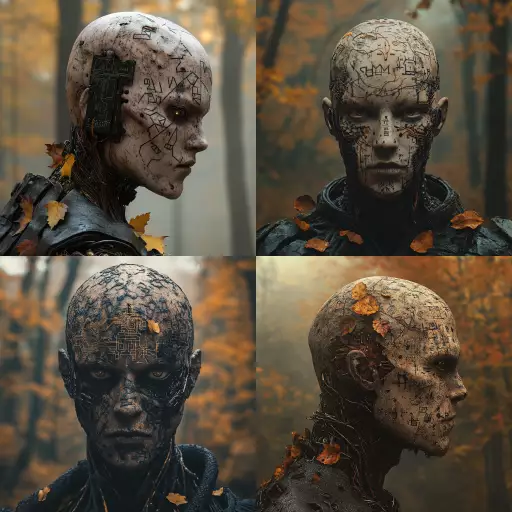
Pixels on Skin: AI Images and the Future of Marketing Creativity
The world of marketing is constantly evolving, driven by new technologies and shifting consumer behaviors. One of the most exciting and disruptive developments in recent years is the rise of artificial intelligence (AI) image generation. This technology allows marketers to create stunning, unique visuals with unprecedented ease and speed, opening up a vast array of possibilities for creative expression and brand storytelling.
From generating eye-catching social media content to crafting immersive advertising campaigns, AI image generation is rapidly changing the marketing landscape. But this powerful tool also raises important ethical considerations that marketers must carefully navigate.
Unleashing the Potential: Use Cases in Marketing
The applications of AI image generation in marketing are virtually limitless. Here are just a few examples:
- Social Media Content Creation: Generate captivating visuals for platforms like Instagram, TikTok, and Facebook to engage audiences and increase brand visibility.
- Personalized Advertising: Tailor ad creatives to individual customer preferences and demographics, creating more relevant and impactful marketing messages.
- Product Visualization: Showcase products in realistic and engaging ways, allowing customers to visualize how they would look and function in their own lives.
- E-commerce Enhancements: Generate product images for online stores, saving time and resources while ensuring consistent visual quality.
- Interactive Marketing Campaigns: Create dynamic visuals that respond to user interactions, enhancing engagement and fostering a sense of interactivity.
Navigating the Ethical Landscape
While AI image generation offers tremendous potential, it also raises ethical concerns that marketers must address responsibly. Some key considerations include:
- Authenticity and Transparency: Clearly disclose when images are generated by AI to maintain transparency with consumers.
- Bias and Representation: Ensure that AI algorithms are trained on diverse datasets to avoid perpetuating harmful biases in generated images.
- Copyright and Intellectual Property: Establish clear guidelines for ownership and usage rights of AI-generated images to protect the interests of creators and brands.
- Misinformation and Manipulation: Be mindful of the potential for AI-generated images to be used for malicious purposes, such as creating fake news or spreading propaganda.
The Future of Creative Collaboration
The rise of AI image generation is not about replacing human creativity but rather augmenting it. The future of marketing lies in a collaborative approach where AI tools empower creative professionals to push the boundaries of imagination and deliver truly innovative campaigns. By embracing these technologies responsibly, marketers can unlock a new era of creative possibilities.
AI-powered image generation is poised to transform the marketing industry, offering exciting opportunities for businesses to connect with consumers in more engaging and impactful ways. As this technology continues to evolve, it will be essential for marketers to stay informed about its capabilities, ethical implications, and future trends to ensure they are harnessing its power responsibly and effectively.
](https://images.ai-img.art/thumbnails/150/03de477e462377e62b34fea23ab1cbf6d4557f4077cc8bed9f23388af1200721.webp)

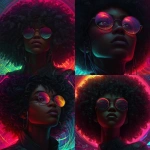

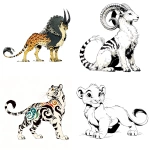




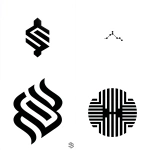
](https://images.ai-img.art/thumbnails/150/45d068cbdc39002eccc21e2169438a3c142426219fda8c9e027c536cdf66811e.webp)

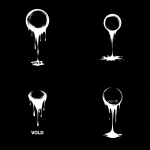

](https://images.ai-img.art/thumbnails/150/c04f7210bb9d35279503ff64ad44a9826d6909838f777fb1edd0fdece2ac7c70.webp)
](https://images.ai-img.art/thumbnails/150/16ec42833d204af37c75cc776a794c54661cbfe1061c899680a4976a7f74cd51.webp)
](https://images.ai-img.art/thumbnails/150/89d86a1c20e8844b6d4ce23cf0e6ae10c19923617b6be16cac5d3cc513bf9c4e.webp)
](https://images.ai-img.art/thumbnails/150/5b3fca49762c8c532ff70f250ca3b5900bac75be98d6c82f8f7a220465ad534a.webp)

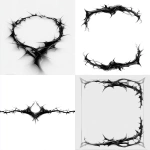
](https://images.ai-img.art/thumbnails/150/f1cbba604c7411267acd95acaa4746a5ee006a25ade5e596a9501884b384e1dd.webp)

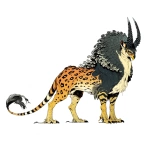

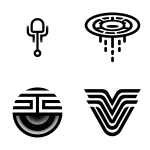

](https://images.ai-img.art/thumbnails/150/4d725f4d5380eb583bdebf0aad4c789acd6782398b4050f01f350a939dd4c2af.webp)
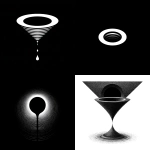
](https://images.ai-img.art/thumbnails/150/f9928aee79da6b2028ac7a7129ac30e6475a85d5300661776fde267c2da839ab.webp)

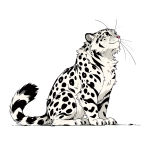


](https://images.ai-img.art/thumbnails/150/8884a7a8953b23d6c882f33524c10e09d320bbce4f305f2c7e79c402d82c1760.webp)

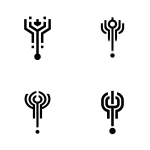
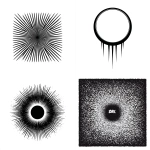

](https://images.ai-img.art/thumbnails/150/bbf691f1c69e4801062c68d0435463c5bf76258e3984fbe3cc25e9e46174cf88.webp)
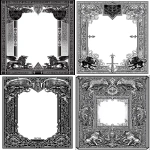

](https://images.ai-img.art/thumbnails/150/cc8f7b8338e849e1e11a902ac51eda96c8f710e5d829c5b4d57b56fa05d28e95.webp)
](https://images.ai-img.art/thumbnails/150/55e9c8ac48f7ca1311ec4a843e2616aa87c73e2217901ac138d198afb0b4f1db.webp)
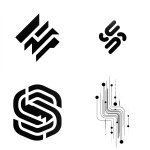

](https://images.ai-img.art/thumbnails/150/9ad2f4d771346182f4c9b6d1712edfd0b6b776f37b75dac606a8e03b1bd2dc47.webp)
](https://images.ai-img.art/thumbnails/150/78a1311461ccc4b60dd1430d56ee04b3b5612a3145aef0a32196168d5489fdf3.webp)


